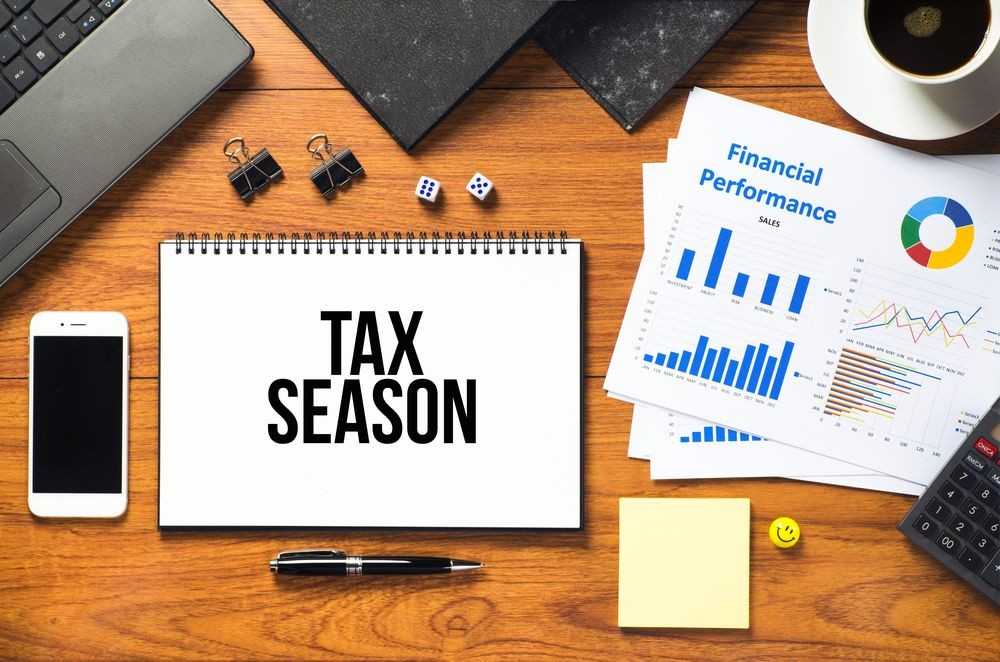For many entrepreneurs and small business owners, tax season can be a time of dread and stress. The complexities of tax preparation often make it a daunting task. However, a well-managed business checking account can be your ally in navigating this challenging period. In this article, we’ll delve into how you can leverage your business checking account to simplify your tax-related tasks and reduce stress.
Why a Dedicated Business Checking Account Matters
Having a business checking account separate from your personal account is crucial for effective financial management. It allows for easier tracking of business expenses, making it simpler to identify tax-deductible items. This separation is not just good practice; it’s often a requirement for maintaining a legal corporate structure.
Features to Leverage for Tax Preparation
Today’s business checking accounts offer more than just a place to store your money. They come with a suite of features designed to assist in financial tracking and management. When considering small business checking account solutions, look for accounts that offer integrated accounting software, digital invoicing, and expense categorization. These features can be invaluable when it’s time to prepare your taxes.
Regular Monitoring for Accurate Record-Keeping
Consistent monitoring of your business checking account can pay dividends during tax season. By regularly reviewing your account statements, you can ensure that all transactions are correctly recorded and categorized. This proactive approach can help you avoid last-minute scrambles to reconcile your accounts, making tax filing a more straightforward process.
Tagging and Categorizing Transactions
Many business checking accounts allow you to tag or categorize transactions. This feature can be a lifesaver during tax preparation. By tagging expenses, as they occur, you’re essentially doing the groundwork for your tax filing throughout the year. When tax season arrives, you’ll have a well-organized set of records that can be easily sorted and analyzed.
Consult Your Financial Advisor Regularly
While your business checking account can be a powerful tool for tax preparation, it’s always wise to consult with a financial advisor or accountant. Regular consultations can provide you with expert advice tailored to your business’s specific needs, ensuring that you’re maximizing your tax benefits.
Automate Savings for Tax Payments
Another advantage of using a business checking account effectively is the ability to automate savings for tax payments. Some accounts allow you to set aside a percentage of your income specifically for taxes. This can help you avoid the common pitfall of scrambling to gather funds when tax payments are due.
Understanding Tax Liabilities and Deductions
Understanding your tax liabilities is crucial for any business. Your business checking account can help you keep track of potential deductions throughout the year. From office supplies to business lunches, keeping a detailed record can help you claim all the deductions you’re entitled to, reducing your overall tax liability.
Building Financial Discipline
Using a business checking account effectively also helps in building financial discipline. By regularly monitoring your income and expenses, you become more aware of your financial habits. This awareness is crucial for making informed decisions, not just during tax season but throughout the year.
Conclusion
Tax season doesn’t have to be a source of anxiety. By strategically using your business checking account, you can make tax preparation less cumbersome and more efficient. From separating business and personal expenses to leveraging built-in financial management tools, small business checking account solutions offer various ways to streamline your tax process. Regular monitoring, consultation with financial advisors, and taking advantage of account features can turn tax season from a dreaded event into a manageable task. So, as you prepare for the upcoming tax season, consider how your business checking account can be a valuable asset in your financial toolkit.


